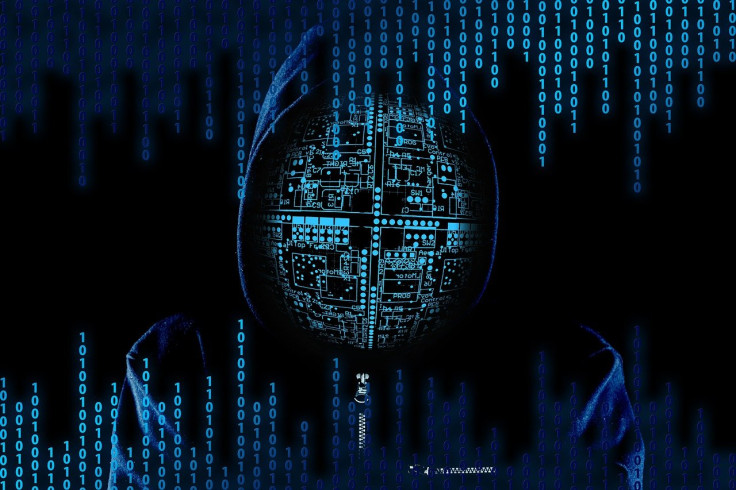Arunava Sen Pioneers Self-Sovereign Identity Solutions For Decentralised Digital Security
Self-sovereign identity (SSI) using blockchain technology, is a groundbreaking and stimulating idea in digital identity management

"Because digital identities are always changing, the necessity for a decentralised, self-sovereign system is not just a concept for the future; it's an urgent need," says Arunava Sen, Director of Solutions Engineering at a leading global service provider. With a career spanning nearly 24 years, He is a thought leader in developing emerging business models on decentralised digital authentication systems.
His current focus, self-sovereign identity (SSI) using blockchain technology, is a groundbreaking and stimulating idea in digital identity management. This method allows individuals to control their digital identities without relying on centralised authorities, addressing some of the most pressing cybersecurity challenges.
Fighting Digital Identity Threats

According to recent statistics, global cybercrime costs are expected to reach $10.5 trillion annually by 2025, a sharp increase from $3 trillion in 2015. This staggering rise underscores the vulnerabilities of centralised identity management systems, where a single point of failure can expose millions of users to risk. The increasing number of data breaches and identity theft events exposes these weaknesses and supports distributed solutions like SSI.
Arunava Sen's work addresses this issue head-on. Using blockchain technology, he sees a future where digital identities are managed securely and independently of any single entity. "The current centralised models are antiquated," Arunava Sen explains. "They rely on third parties that have repeatedly failed to protect user data. SSI represents a shift, giving power back to the individuals."
The Mechanics Of Self-Sovereign Identity
At its core, SSI is a concept that allows individuals to own, control, and manage their digital identities without relying on centralised authorities. This contrasts with traditional systems where identity data is stored on centralised servers, making them prime targets for cyberattacks.
The blockchain, a decentralised ledger that records transactions across multiple computers, forms the backbone of SSI. This technology ensures that once an identity is verified and recorded, it cannot be altered without consensus from the network, providing an immutable and secure record. "Blockchain's potential in identity management is immense," Arunava Sen asserts. "It's not just about security; it's about restoring trust in the digital world."
Changing Demands
With the advent of 5G, the Internet of Things (IoT), and cloud-native applications, there is a growing demand for secure and scalable identity management solutions. Arunava Sen's work is particularly relevant here, as these technologies generate vast amounts of data that require safe and efficient handling.
"Telecom is no longer just about connecting people," he says. "It's about connecting everything—devices, services, applications—and ensuring that all these connections are secure and trustworthy." This transition to a more interconnected world emphasises the critical need for advanced identity management solutions that scale alongside these technologies.
McKinsey & Company reported that by 2030, IoT could unlock up to $11.1 trillion in economic value per year, with 65% of this value dependent on security measures like identity management. Integrating SSI into telecom infrastructures could be a radical change, enabling the industry to scale securely while maintaining user trust.
Arunava Sen acknowledges that SSI must address many challenges to reach its full potential. "Every new technology faces difficulties," he admits. "But the potential benefits far outweigh the obstacles. We're already seeing significant advancements in blockchain scalability and energy efficiency, and as these issues are resolved, SSI will become increasingly viable."
Persona-Based Networking
Beyond SSI, Arunava Sen also focuses on persona-based networking, which integrates AI, IoT, and cloud-native applications to create customised network experiences based on user personas. This approach allows for dynamic, context-aware networking that adapts to individual users' needs and preferences.
"Persona-based networking is about moving beyond the one-size-fits-all model and creating networks as unique as the individuals using them," he says. This innovation is relevant in the context of ongoing digital transformation. As more devices become connected and user expectations evolve, a growing demand for personalised and adaptive network services is growing.
Arunava Sen's work reflects a deep understanding of the challenges and opportunities ahead. "Innovation is not just about creating new technologies; it's about solving real-world problems," he says. "In the end, it's the impact that matters most."
© Copyright IBTimes 2025. All rights reserved.





















